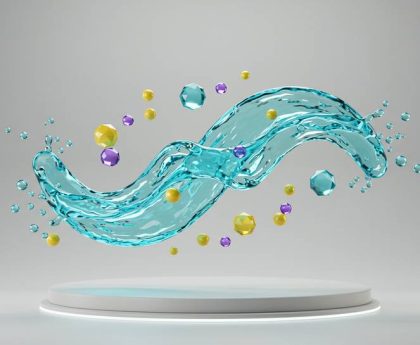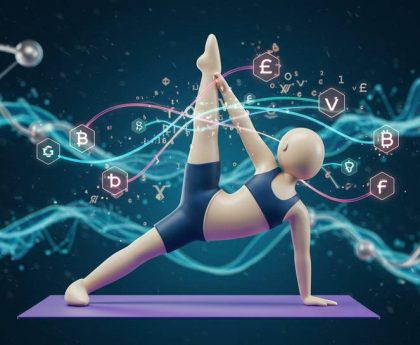Achieving peak physical performance and ensuring optimal recovery hinge significantly on one often-overlooked factor: proper hydration. Understanding the importance of hydration during workouts isn’t just about quenching thirst; it’s about fueling your body’s intricate systems to operate at their best, preventing fatigue, and safeguarding your health. This guide delves into why maintaining fluid balance is non-negotiable for anyone serious about their fitness journey.
The Science Behind Hydration and Exercise
The Importance of Hydration for Optimal Workouts
Maintaining proper fluid balance is paramount for anyone engaging in physical activity. The importance of hydration during workouts cannot be overstated, as water directly influences your body’s ability to perform and recover effectively. During intense exercise, your body generates significant heat, which it efficiently dissipates primarily through sweating.
This natural cooling process, while vital, inevitably leads to substantial fluid loss. Understanding these physiological demands is key to maximizing your athletic potential. Water, comprising a large percentage of your body weight, is indispensable for numerous physiological functions that underpin peak exercise performance. For more insights into enhancing your overall athletic journey, visit SportWaveQuest.
- Regulating core body temperature, preventing overheating during strenuous activities or in warm conditions.
- Transporting essential nutrients, oxygen, and hormones efficiently to working muscles.
- Lubricating joints through synovial fluid, ensuring smooth movement and reducing friction.
- Aiding in the removal of metabolic waste products like lactic acid, supporting faster recovery.
- Maintaining adequate blood volume, crucial for delivering oxygen and nutrients to active tissues.
Impacts of Dehydration on Performance and Health
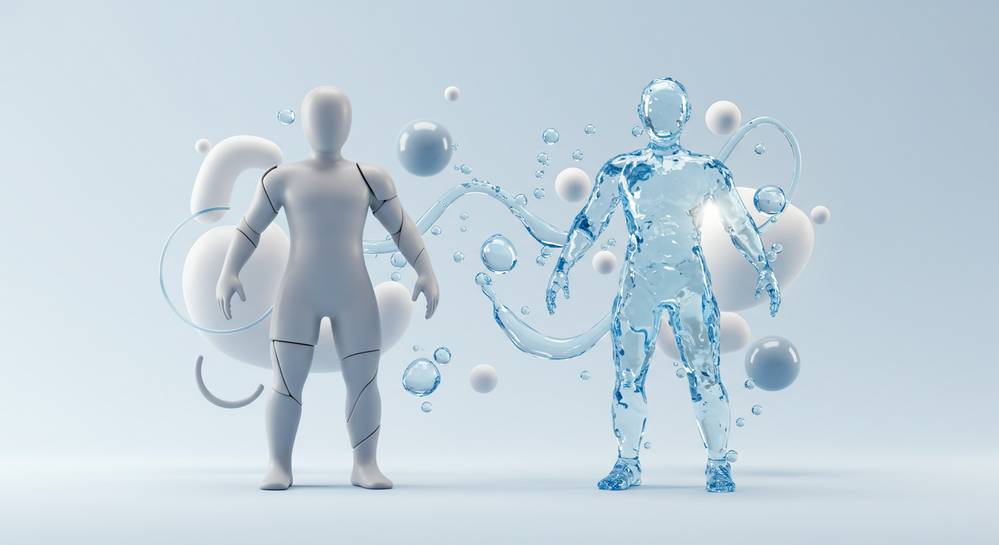
Dehydration: A Threat to Performance and Health
Even slight dehydration significantly compromises athletic performance and overall health. Ignoring the importance of hydration during workouts can quickly lead to noticeable declines in physical and cognitive function. When your body lacks sufficient fluids, several adverse effects manifest rapidly, impacting both your immediate workout and long-term well-being.
These impacts highlight why consistent fluid intake is not merely a suggestion but a critical component of any effective training regimen. Understanding these risks empowers athletes to prioritize hydration, safeguarding their performance and health.
- Decreased Performance: Reduced blood volume hinders oxygen and nutrient delivery to muscles, causing premature fatigue, diminished strength, and compromised endurance.
- Muscle Cramps: Dehydration, often coupled with electrolyte imbalances, triggers painful muscle cramps, disrupting training and increasing injury risk.
- Increased Heart Rate: Your heart works harder to pump thicker, more concentrated blood, leading to an elevated heart rate for the same level of effort.
- Cognitive Impairment: Mental focus, decision-making, and reaction times suffer, which is particularly dangerous in sports demanding precision.
- Heat-Related Illnesses: Severe fluid loss risks serious conditions like heat exhaustion or heat stroke, which are medical emergencies.
Strategies for Optimal Hydration Pre, During, and Post-Workout
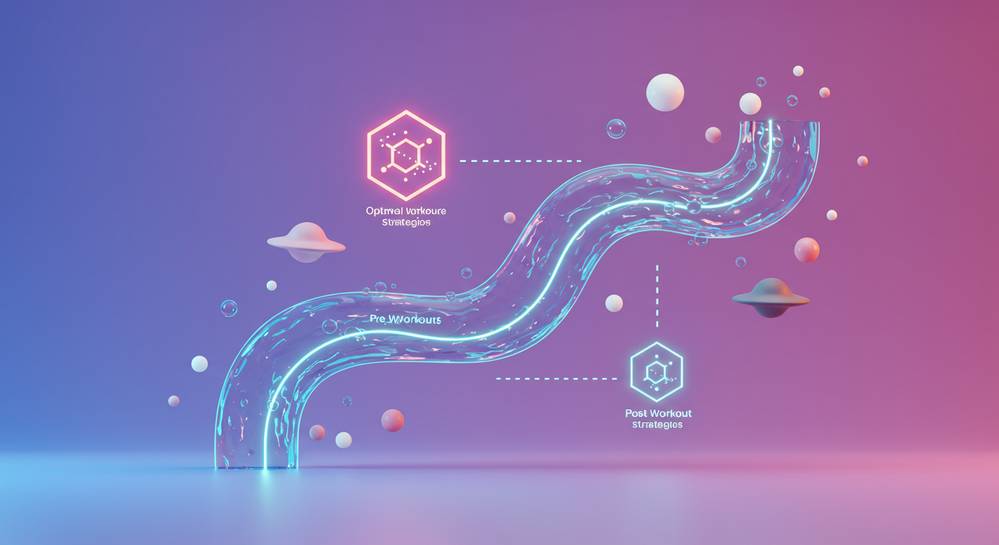
Optimal Hydration Strategies for Workouts
Effective hydration demands a proactive, consistent approach, crucial for maximizing performance and recovery. The importance of hydration during workouts is paramount. These strategies ensure optimal fluid balance, directly enhancing athletic potential.
- Pre-Workout: Hydrate hours before. Drink 500-600 ml (17-20 oz) water 2-3 hours prior, then 200-300 ml (7-10 oz) 20-30 minutes before starting.
- During Workout: Sip fluids consistently. Water suffices for workouts under an hour. For longer, intense sessions, or heat, use electrolyte-rich sports drinks. Aim for 200-300 ml (7-10 oz) every 15-20 minutes.
- Post-Workout: Replenish lost fluids. Weigh yourself before and after; for every pound lost, consume 500-700 ml (16-24 oz) fluid. Include electrolyte-rich options after heavy sweating for recovery.
Monitor urine color: pale yellow suggests good hydration; darker yellow signals more fluids.
Debunking Hydration Myths and Common Mistakes
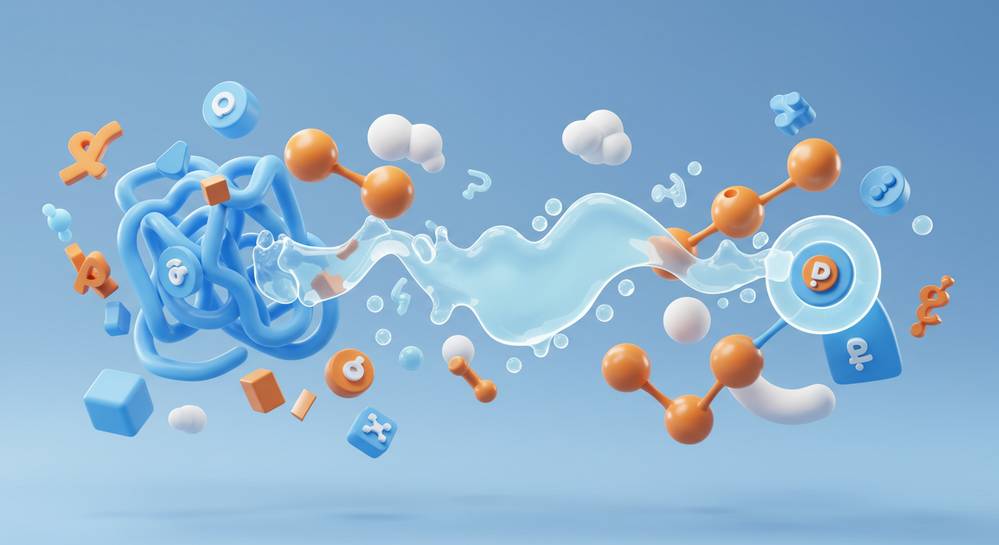
Debunking Hydration Myths and Mistakes
Misinformation often undermines even the most diligent hydration efforts. Understanding and dispelling common myths, alongside avoiding frequent mistakes, is crucial for effective fluid management. This knowledge enhances the importance of hydration during workouts, ensuring your body performs optimally and recovers efficiently.
Proactive hydration, based on scientific understanding, prevents performance drops and health risks. It moves beyond reactive measures, fostering a more informed approach to athletic well-being.
- Myth: Only Drink When Thirsty. Thirst signals existing dehydration. By the time you feel it, your performance may already be compromised. Consistent, proactive fluid intake is key.
- Mistake: Relying Solely on Plain Water for Long Workouts. Extended or intense sessions deplete electrolytes. Plain water alone might not suffice and can even lead to hyponatremia if electrolyte losses are significant.
- Myth: More is Always Better. Over-hydration, consuming excessive water rapidly, can dilute blood sodium levels, causing dangerous hyponatremia. Balance is essential for safety and performance.
- Mistake: Ignoring Pre-Workout Hydration. Starting a workout dehydrated severely compromises performance and increases the risk of heat-related stress. Proper pre-loading is fundamental.
- Myth: Sports Drinks Are Only for Elite Athletes. While not always necessary for light activity, sports drinks with balanced electrolytes benefit anyone engaged in prolonged or intense physical exertion, not just professionals.
In summary, consistent and strategic hydration is not merely a recommendation; it is a fundamental pillar of athletic performance and overall well-being. By prioritizing your fluid intake before, during, and after physical activity, you empower your body to perform optimally, accelerate recovery, and reduce the risk of injury. Make hydration a cornerstone of your fitness regimen and experience the profound difference it makes in achieving your goals. For more expert insights and fitness strategies, explore Sport Wave Quest.



